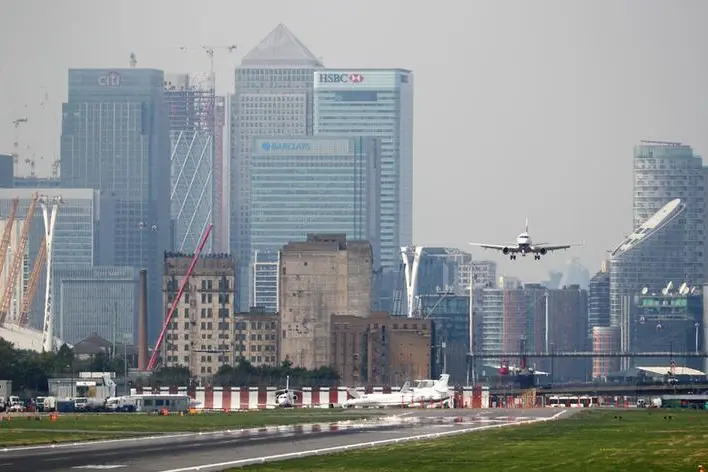PHOTO
LONDON- A record number of companies in England and Wales agreed with their creditors to cease trading during the final quarter of 2021, after COVID support for businesses and protection against court insolvency proceedings was phased out.
The total number of corporate insolvencies in England and Wales rose to its highest since the third quarter of 2012 at 4,627 on a seasonally adjusted basis, after sinking to the lowest since 1989 earlier in the pandemic at around 2,400.
Creditors' voluntary liquidations (CVLs) - the most common type of insolvency, and one which was on an upward trend before the pandemic - increased to 4,175.
This was the highest quarterly total since records began in 1960, while the annual number was the highest since 2009, according to The Insolvency Service, the government agency which publishes the data.
"The increase this year - and the surge in CVLs in the final quarter of 2021 - suggests that many directors are opting to close their businesses as they lack confidence in their trading prospects in the current climate," said Colin Haig, president of insolvency and restructuring trade body R3.
Britain's government gave 79 billion pounds ($106 billion) in COVID support loans to businesses as well as footing 70 billion pounds of wage bills. But this support has ended and temporary measures stopping creditors taking action against businesses began to be phased out in October.
Many businesses - especially in the hospitality sector - will also have suffered unexpected losses from the wave of Omicron-related COVID-19 cases in December and early January, for which the government offered less support than before.
"While insolvencies still haven't reached pre-pandemic levels, this is unlikely to remain the case for long," Haig said.
Overall corporate insolvencies remain well below their peak during the 2008-09 financial crisis, when there were more than 6,000 a quarter and more widespread court winding-up orders.
Personal insolvencies in England and Wales fell slightly last year and were around 10% lower than in 2019 at 110,022, equivalent to 0.23% of adults.
But R3 said personal debt levels were likely to rise this year due to a sharply rising inflation and falling real wages. ($1 = 0.7474 pounds)
(Reporting by David Milliken; editing by Guy Faulconbridge and Andy Bruce) ((david.milliken@thomsonreuters.com; +44 20 7513 4034;))





















